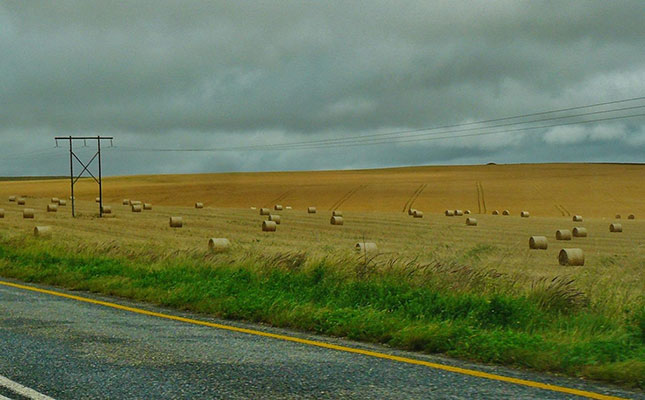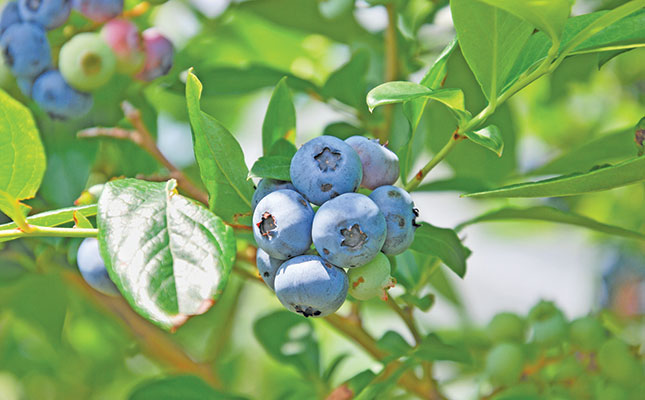
Photo: FW Archive
Justin Chadwick, CEO of the Citrus Growers’ Association of Southern Africa, Jacques du Preez, Hortgro’s general manager for trade and markets, and Dr Thomas Funke, CEO of the SA Cane Growers’ Association, confirmed that the rolling blackouts were seriously affecting the entire value chain in their respective industries.
The trio expressed particular concern about the impact the rolling blackouts were having on irrigation crops.
Chadwick said the rainy season had not commenced in most citrus-growing regions, and weather fronts were resulting in extreme heat cycles, rendering fruit trees entirely dependent on irrigation.
“Most irrigation systems run on electricity, as opposed to gravitational pressure, with the decentralised nature of pump stations on a typical farm making it impossible for generators to do the job,” he said.
Du Preez pointed out that deciduous fruit orchards also had to be irrigated from now until harvesting, and said the relatively dry winter in some parts of the Western Cape at present was making this even more important.
Funke added that disruptions to growers’ irrigation programmes were irreversible, resulting in growth losses, crops starting to show stress, and greater susceptibility of trees to diseases.
In addition, spikes in electricity supply could cause severe damage to motors and other irrigation equipment, at a significant cost to growers.
Hannes de Waal, CEO of the Sundays River Valley Citrus Company, said many packhouses had invested in alternative sources of energy, such as generators or solar power, at a very significant cost, but most of these solutions were not geared to fill the gap when rolling blackouts reached levels above Eskom’s Stage 4.
“The cost of running generators for so long is too [high], especially in a season like we’ve had this year, characterised by high input costs and huge challenges at the ports and markets,” he said.
Dr Gerhard Neethling, general manager of the Red Meat Abattoir Association, confirmed that the situation “was also as a nightmare for the abattoir industry”.
“The majority of abattoirs, retailers and butcheries have invested in alternative energy systems to maintain the cold chain and preserve food and safety standards, but these investments have greatly increased production costs.
“The cost of maintaining the cold chain in a small butchery, for example, is now almost double what it was before [rolling blackouts] started.”
He added that rolling blackouts was adding an additional threat to the safety of meat sold in the informal market and negatively affected sales of this meat because of the absence of secure cooling solutions.
Rolling blackouts were also affecting the efficiency of the country’s ports and, in effect, agricultural exports, as well as imports of farming inputs.
Chadwick confirmed that the latest bouts of stages 5 and 6 outages meant that operations at the Port of Durban, from where more than 60% of citrus fruit were exported, had been severely affected, including cold storage operations.
De Waal added that similar operational challenges were being experienced at the Port of Gqeberha.
“Most cold storage operators have [made] provision to mitigate the impact of [rolling blackouts], but this comes at a huge cost,” Chadwick said.
Although operations at the Port of Cape Town had not yet been affected, industry stakeholders were extremely concerned about the future outlook if the current level of blackouts continued.
According to a statement issued by Eskom on the weekend of 17 and 18 September, rolling blackouts had to be increased to stages 5 and 6 due to the breakdown of multiple generating units, with a combined capacity of 2 400 MW, and “higher stages of loadshedding may be implemented at short notice, should any additional breakdowns occur”.













